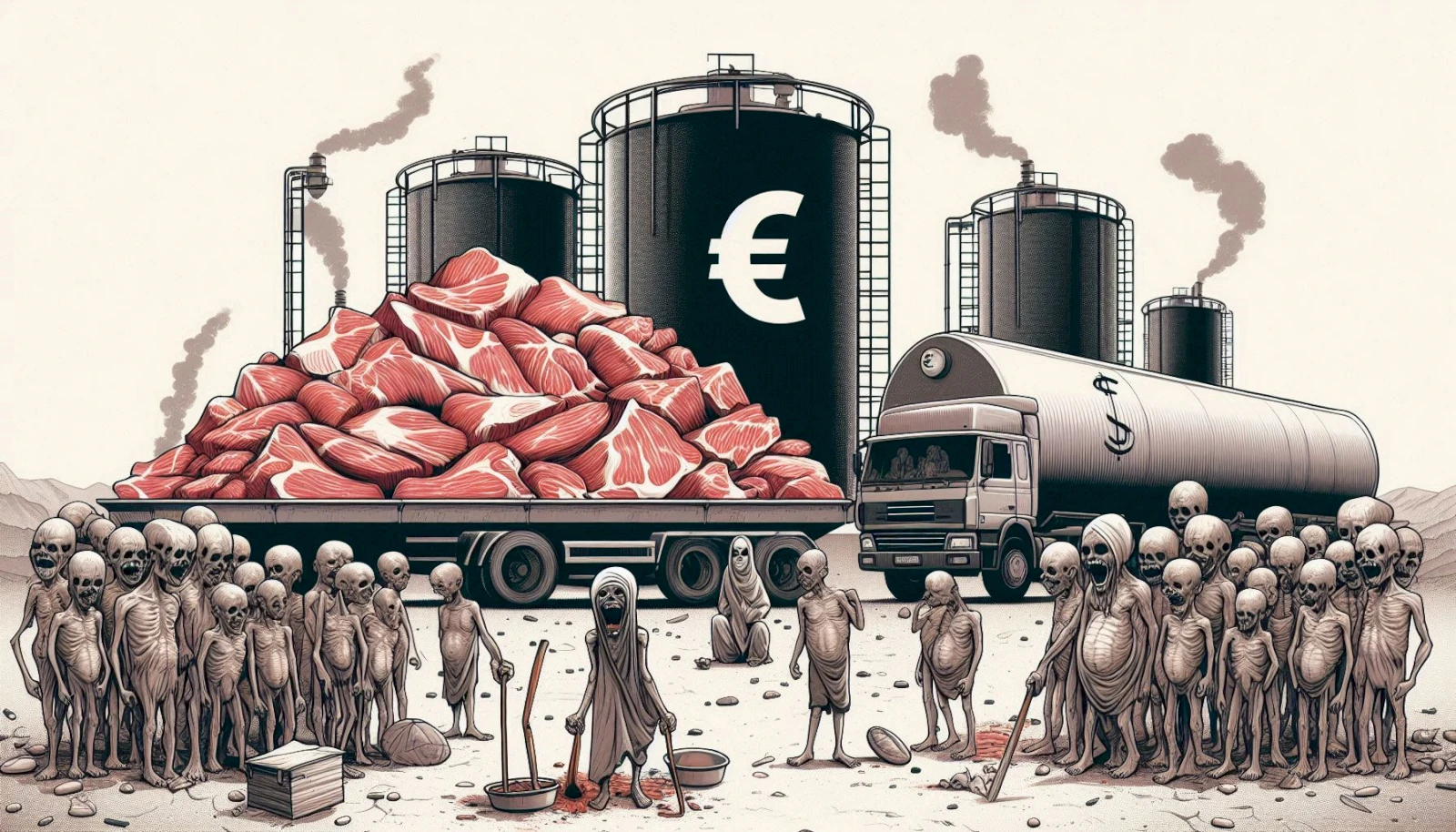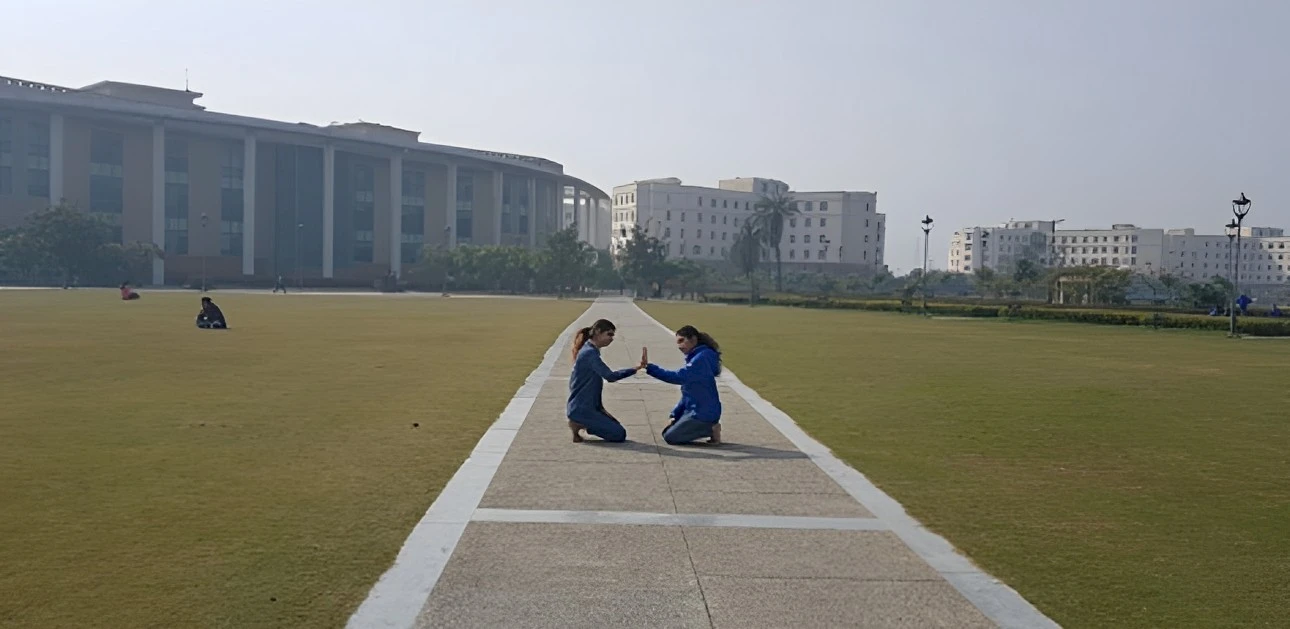Food for thought: Addressing the drivers of hunger

Editorial / October 09, 2024
Eight hundred and twenty-eight million people, or the population that constitutes the US, Indonesia and Pakistan, go to bed hungry every day.
But why does hunger exist? Is a new world order possible? One where agriculture is not geared to contributing to the national economy and its growth? Should the world remain quiet as hunger is legitimised?
Department of International Relations and Governance Studies’ Professor Rajeswari S. Raina and Rishabh Kachroo (Doctoral scholar) in a paper titled, ‘Post-growth agrifood systems: Towards an emancipatory politics,’ published in the reputed journal Review of International Studies suggest a refreshing post-growth approach to address the persistence of hunger in a world of plenty.
Approaching the conundrum using critical international relations theory, they question preconceived notions of problem-solving theory oriented to finding solutions within a given framework. The paper questions the structural underpinnings of hunger as a persistent problem. It problematises the theorisation of agriculture in the mid-twentieth century in growth-centric mainstream development economics. The institutional arrangements and power dynamics involved in internationalising agricultural knowledge, production technologies, food policy and agribusiness consolidation by corporate agro-industrial complex, build on this growth hegemonic framing of agriculture and food.
Critical IR theory helps reveal the interlocking structures that make the nation-state a weak actor in addressing hunger. The paper discusses how policy harmonisation across nation-states and these interlocking structures converge to prioritise economic growth over food security. The analysis provides opportunities for emancipatory politics where one can revisit given theories in socially and politically accepted frameworks.
We have been complicit in accepting economic growth as the fundamental feature of the global economic order. The paper explains that a new world order is possible by questioning and revising historically conditioned understandings, theorisation and legitimisation of hunger. Hunger prevails because of the structures driving decisions and actions in the global economy.
Strengthening social justice and the right to self-determination ensures a good life for all. Professor Raina and Mr. Kachroo explain how these crucial factors are at the core of post-growth thinking and the emancipatory politics endorsed by critical IR theory.
There is evidence of hundreds of productive and sustainable local agroecological systems. These agroecological systems build on post-growth principles of sufficiency, communal care, eco-restoration and distribution. They can feed the global population with a fraction of the subsidies and investments that support modern industrial agrifood systems.
The paper points out that investments in better production practices and upscaling lessons from the field-level agroecological systems are necessary and welcome. But these investments are inadequate. New investments are needed in knowledge production about the non-agricultural drivers influencing these alternatives and in learning systems that build on the pluralistic, social-ecological knowledge in the field.
These post-growth agroecological systems confront new knowledge-policy battles. These battles are about decentralised, just and democratic knowledge politics.
The paper shows how critical IR theory dovetails with the principles of post-growth thinking to learn from local agroecological alternatives, which foreground caring, sharing, ecological and democratic values.
Open access to the publication is now available at: https://doi.org/10.1017/S0260210524000408
More Blogs

The Hawthornden Literary Retreat bestowed on Dr Sambudha Sen to complete the manuscript of a novel
Professor Sambudha Sen, Head of the Department of English at Shiv Nadar Institution of Eminence, Delhi-NCR, was awarded a residency at the...

The Power of the Moving Body
Movement is an innate bodily action that humans have been exhibiting for the longest time. Long before language was invented, the body was the...

How Does A Multi-Disciplinary Approach To Education Enhance Learning And Prepare Students For A Multi-Faceted World?
In today’s world, where businesses are changing almost every day, it is the responsibility of educational institutes to provide holistic...